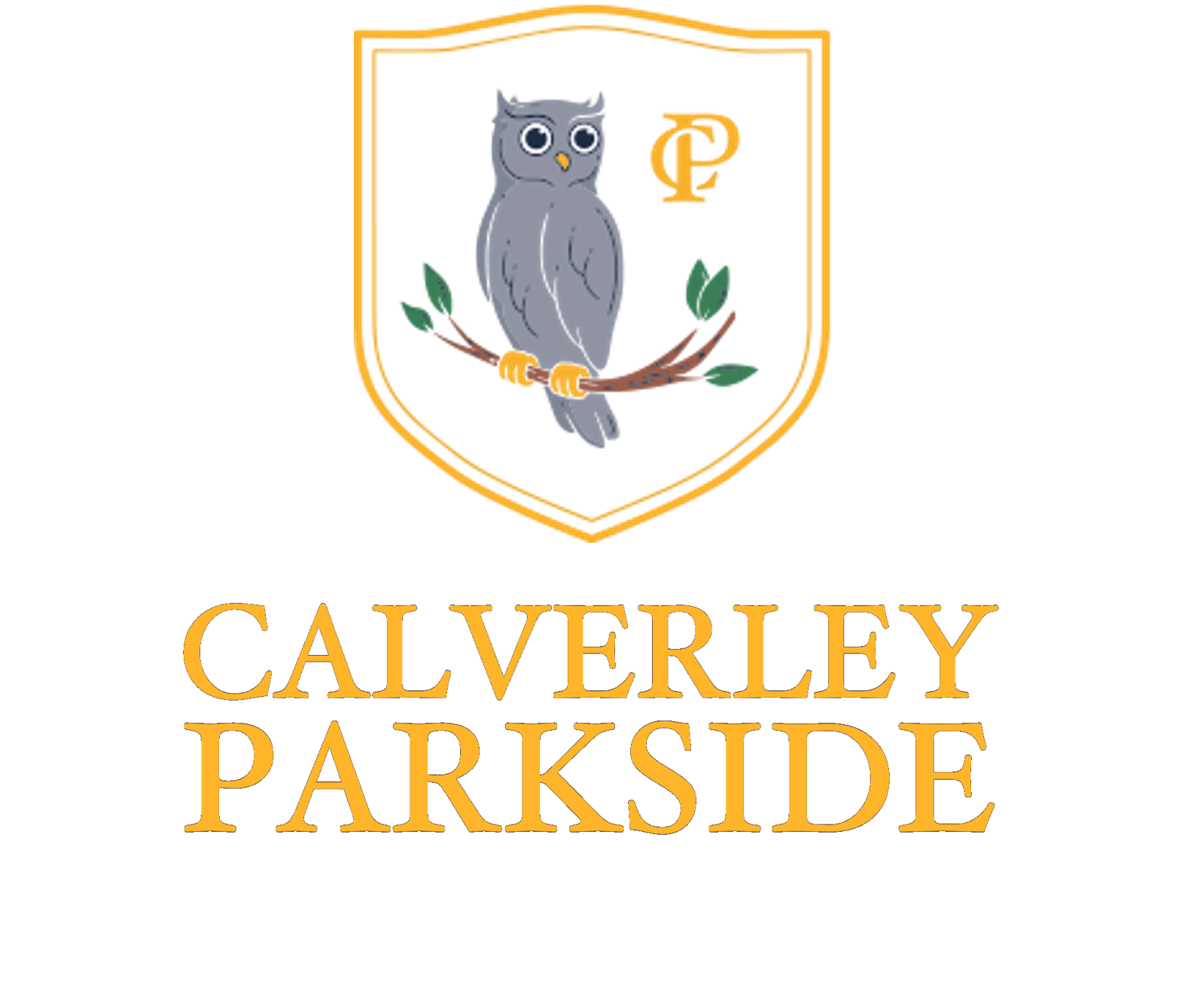Our Curriculum and Beyond
Curriculum
Rationale
At Parkside, children are encouraged to enjoy Mathematics and become enthusiastic mathematicians by developing their skills, knowledge and understanding through practical experiences which have relevance and purpose in everyday situations. It is important that children develop the skills in numeracy to become lifelong learners. They should be able to apply these skills in different situations across the curriculum and in daily living outside school.
Aims and Objectives
- To become fluent in the fundamentals of Mathematics through varied and frequent practise of increasingly complex problems over time.
- To develop the ability to recall and apply knowledge rapidly and accurately.
- To develop the ability to solve problems through decision making and reasoning in a range of contexts.
- To develop mathematical language through speaking and listening, practical activities and recording work.
Teaching and Learning Style
Teachers at Parkside use a variety of learning and teaching styles in Mathematics along with a range of strategies that cater for different types of learning. These include:
- Use of models and images
- Use of computer software including IPads
- Use of the outdoor environment
- Effective questioning
- Pupil demonstration and explanation
A range of suitable learning opportunities are planned and used to cater for different abilities - differentiated group work, children working independently, in pairs, in groups and as a whole class. The use of open-ended investigations provides excellent opportunities for differentiated outcomes. We use teaching assistants to support and extend children’s learning.
Planning
The National Curriculum (September 2014) is the basis for implementing the statutory requirements for Mathematics. The expectation is that the majority of pupils will move through the year group learning objectives. Decisions about when to progress should always be based on the children’s understanding and their readiness to progress to the next stage. Pupils who grasp concepts rapidly will be challenged through being offered mastery problems before being taught any new content. Those who are not sufficiently confident will consolidate their understanding through additional practise before moving on.
EYFS
In EYFS, using the EYFS Curriculum, teachers plan learning challenges and provision to ensure that children progress through the development matters age bands towards the Early Learning Goals of Number and Shape, Space and Measures. We provide children with opportunities to practise and improve their skills in counting numbers, calculating simple addition and subtraction problems and to describe shape, space and measures. Much of the children’s learning will be through play-based activities, using concrete resources to develop children’s knowledge, skills and understanding. Observational assessments are used to determine children’s KSU.
Cross-Curricular Maths
The teaching of Mathematics contributes significantly to children’s understanding of other curriculum areas. Links are planned and taught appropriately.
Inclusion
All children have equal access to the Mathematics curriculum. Our school strives to meet the needs of pupils with special educational needs, with disabilities, those who are very able, gifted and talented and those learning with English as a second language.
Get In Touch
- Victoria Street,
Calverley,
Pudsey,
LS28 5PQ - 0113 257 0884
- office@cps.owlcotesmat.org

